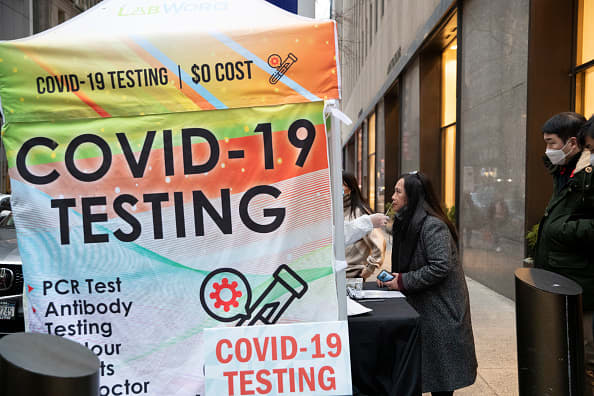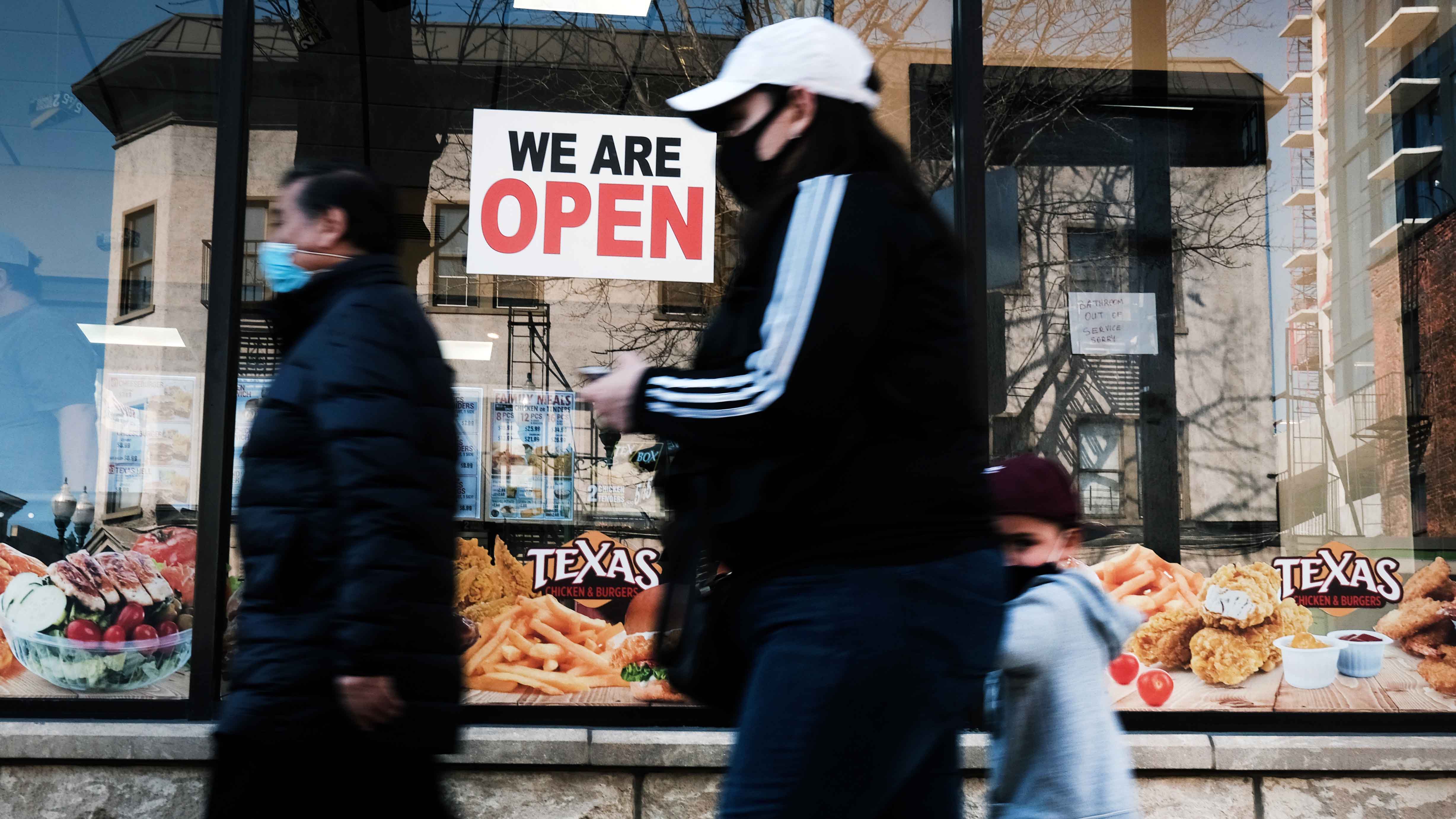Omicron is generating unprecedented COVID-19 case spikes in New York City and elsewhere across the U.S., just as families and friends gather for what they hoped would be pandemic-free celebrations of Christmas and the start of the new year.
While this surge is expected to intensify over the next few weeks -- and has already astonished health experts and elected officials alike with its meteoric multiplication of infections -- it is expected to be both short-lived and milder than previous waves.
Many people, naturally, still have questions. Here's everything you need to know about omicron -- how to stay protected over the coming weeks and months and get past this latest hurdle -- according to New York City's top doctor, Dave Chokshi.
Read his unedited op-ed below and learn more about the omicron variant here.
More Coverage
Stay Safe and Healthy Over the Holidays
Get Tri-state area news delivered to your inbox. Sign up for NBC New York's News Headlines newsletter.
The holidays are here, and I know many New Yorkers are making difficult decisions on how to connect with family, friends and loved ones. This is a time of the year we all look forward to, and while this holiday may not be exactly what we wished for, we can still make it a safe and healthy one by taking a few precautions.
COVID-19 cases are surging in New York City and across the country because of the omicron variant, and we expect the steep increase to continue in the coming weeks. Hospitalizations will also follow, particularly among the unvaccinated. Now is the moment to make a difference in this next wave of the pandemic.
We have the tools to shape our destiny.
Here is my best advice to protect yourselves and your community in the coming weeks:
First, plan your holidays around your most vulnerable family member. It may mean hosting a virtual gathering, moving activities outdoors, using masks, same-day tests, and staying home if you feel sick. I also advise older adults and others at higher risk to skip optional activities, particularly in crowded settings.
For my own family, we’ve made some adjustments to holiday plans around my young daughter, who isn’t yet eligible for vaccination. We decided to postpone out-of-town travel for now—though we will still find ways to spend time with family, locally and virtually.
Second, common-sense precautions can help us lower the risk of COVID-19 and still enjoy holiday festivities. High-quality mask (like a KN95, KF94, or N95), social distancing, and testing add more layers of protection. Beyond meeting up outdoors, improving ventilation and limiting gatherings only to those who are fully vaccinated will also help.
Source: CoVariants
Amy O’Kruk/NBC
Third, the people I am most worried about are those who remain unvaccinated.
Vaccination is vital—even against omicron—because it can protect you from severe disease. Having nearly 6 million New Yorkers fully vaccinated built up our defense ahead of this omicron wave. Boosters reinforce that protection.
While the evidence is still emerging, Pfizer released preliminary, laboratory data showing a 25-fold increase in protective antibodies after a third dose, and Moderna released similar data showing a 37-fold increase. An additional dose will help keep your COVID-19 immunity up to date.
If you’re at least six months out from your Pfizer or Moderna second-dose, or two months out from your Johnson & Johnson dose, get your booster today. This week, the Mayor announced the $100 incentive for booster shots across City sites.
In total, over 1,000 sites are offering booster doses—just visit nyc.gov/vaccinefinder or call 877-VAX4NYC to get linked to one—or go to nyc.gov/homevaccine to schedule a booster dose at home.
New York City and New Jersey Vaccine Providers
Click on each provider to find more information on scheduling appointments for the COVID-19 Vaccine.
Data: City of New York, State of New Jersey • Nina Lin / NBC
Unvaccinated New Yorkers should take extra precautions for themselves and for the safety of others—like avoiding travel—and remember that it’s never too late to get vaccinated. Regular testing is also particularly important for the unvaccinated. Since demand for testing is high, consider taking regular home self-tests, since supplies will increase. If you test positive after taking a home self-test, you should call your provider, or 212-COVID19, in order to be linked to care.
New Yorkers have been through so much during the COVID-19 pandemic, and I know everyone is feeling anxiety and fatigue. But the virus is spreading every day, and we are still in an emergency. I urge everyone to follow our holiday guidance. It will undoubtedly be a challenging few weeks and months ahead, but I have faith that we will get through this together.



